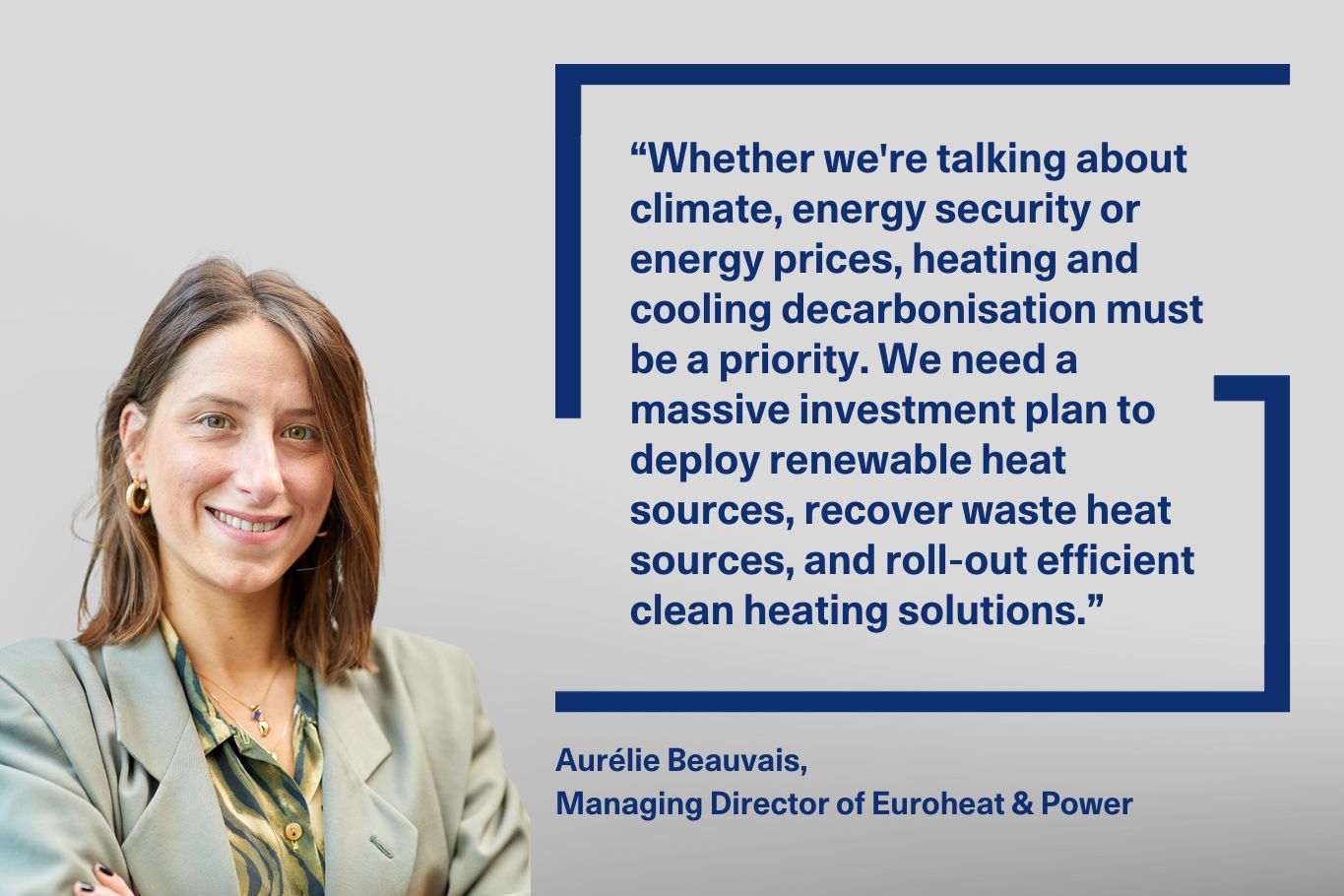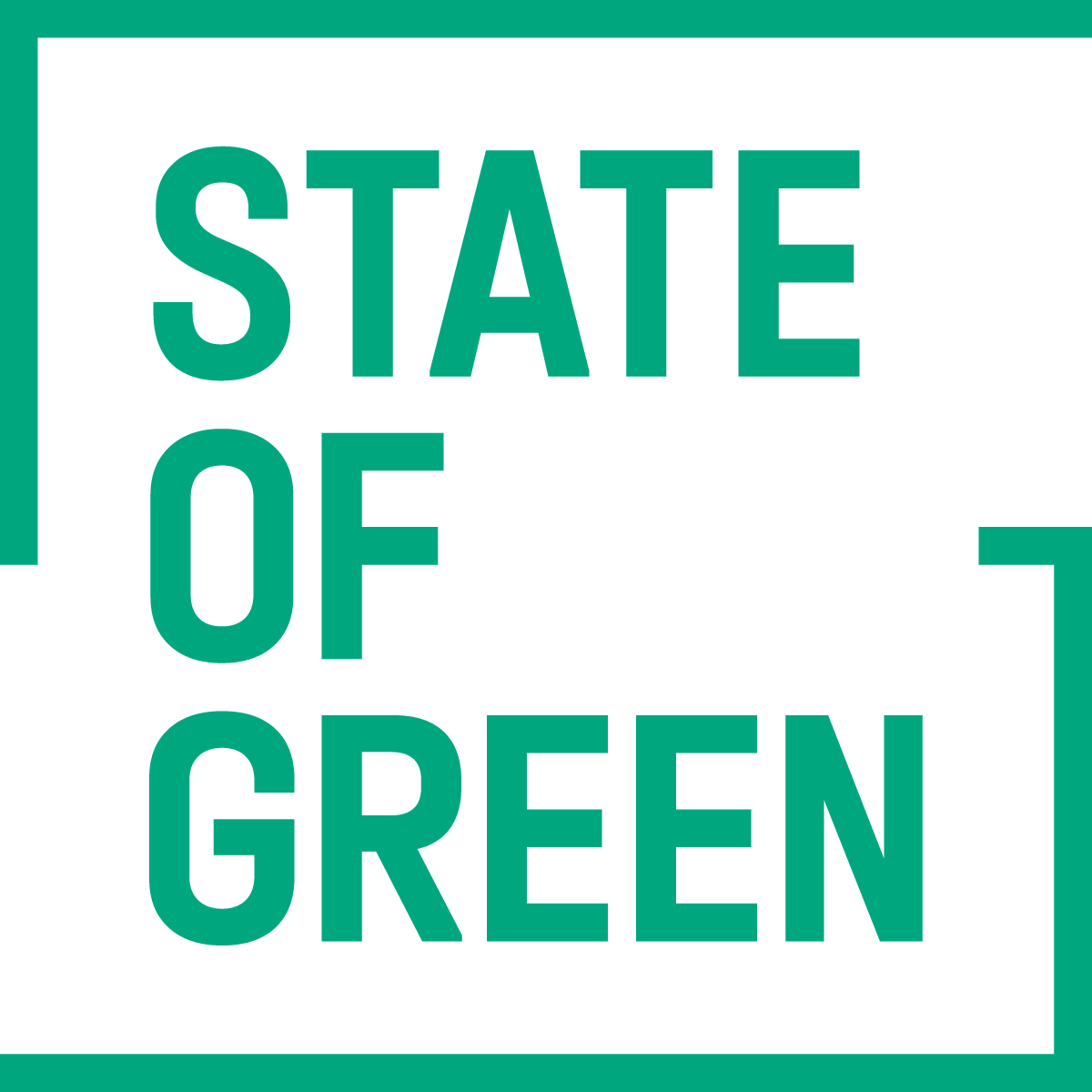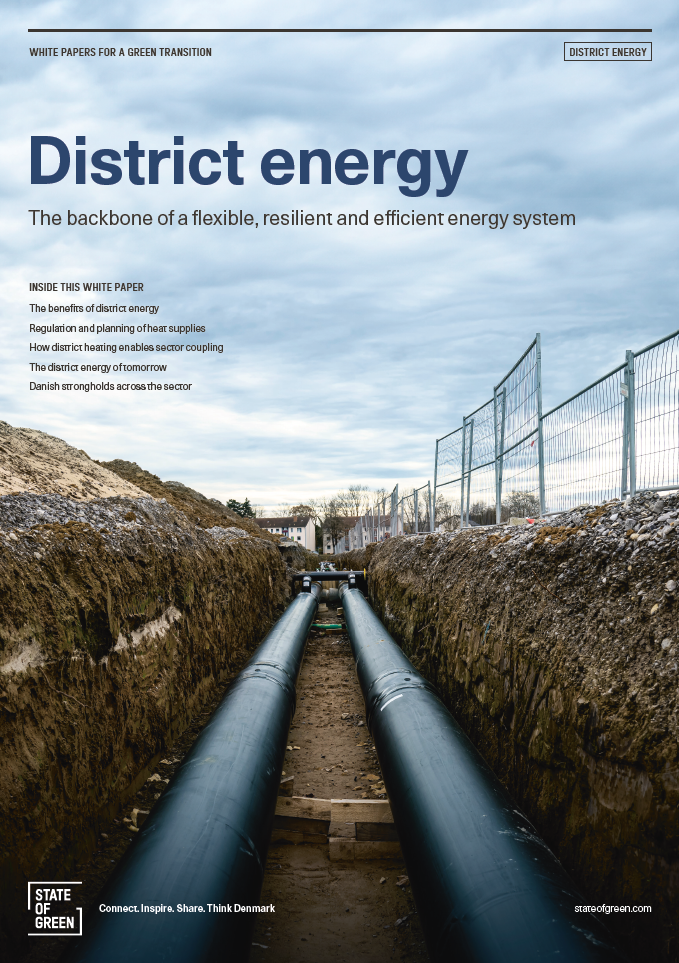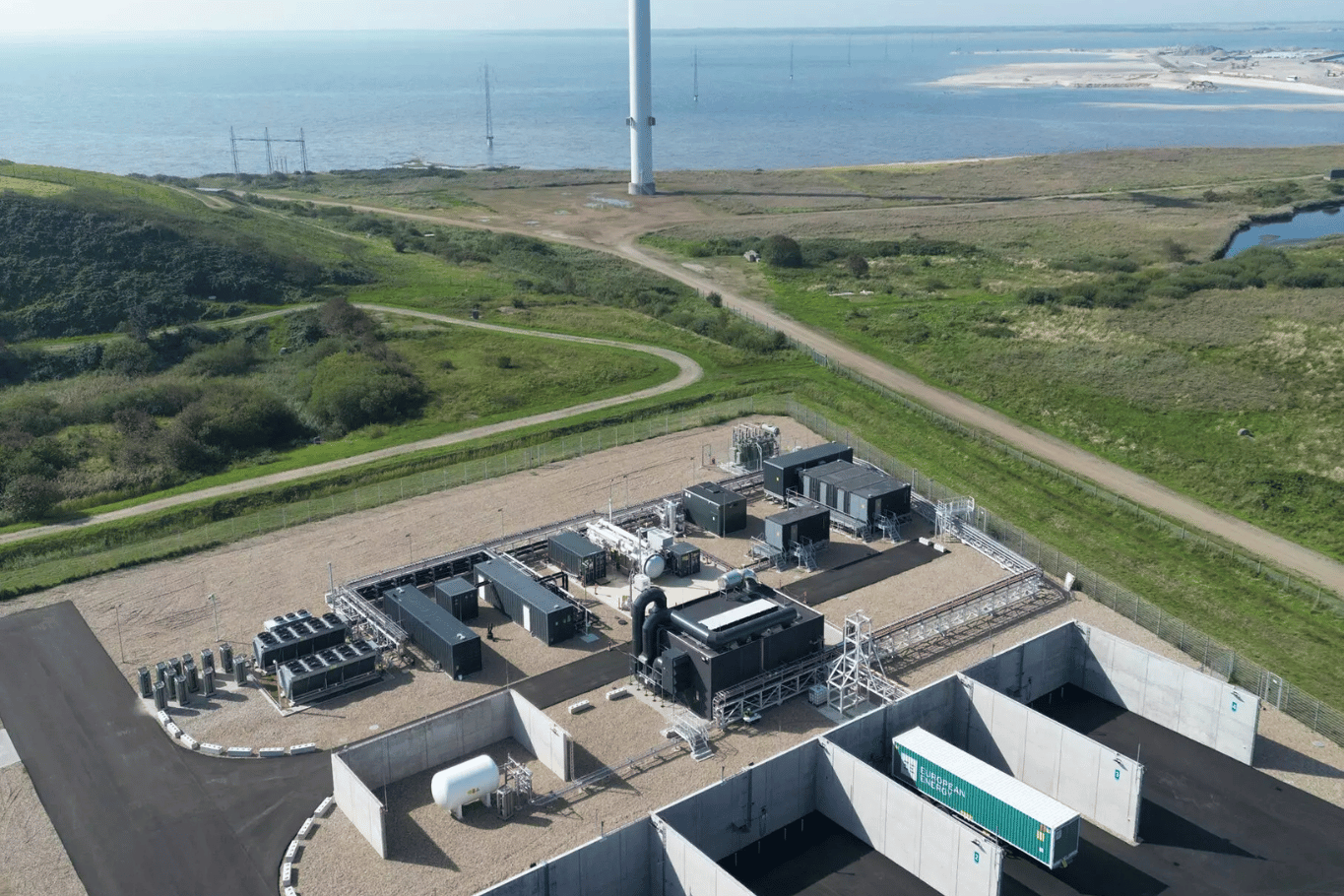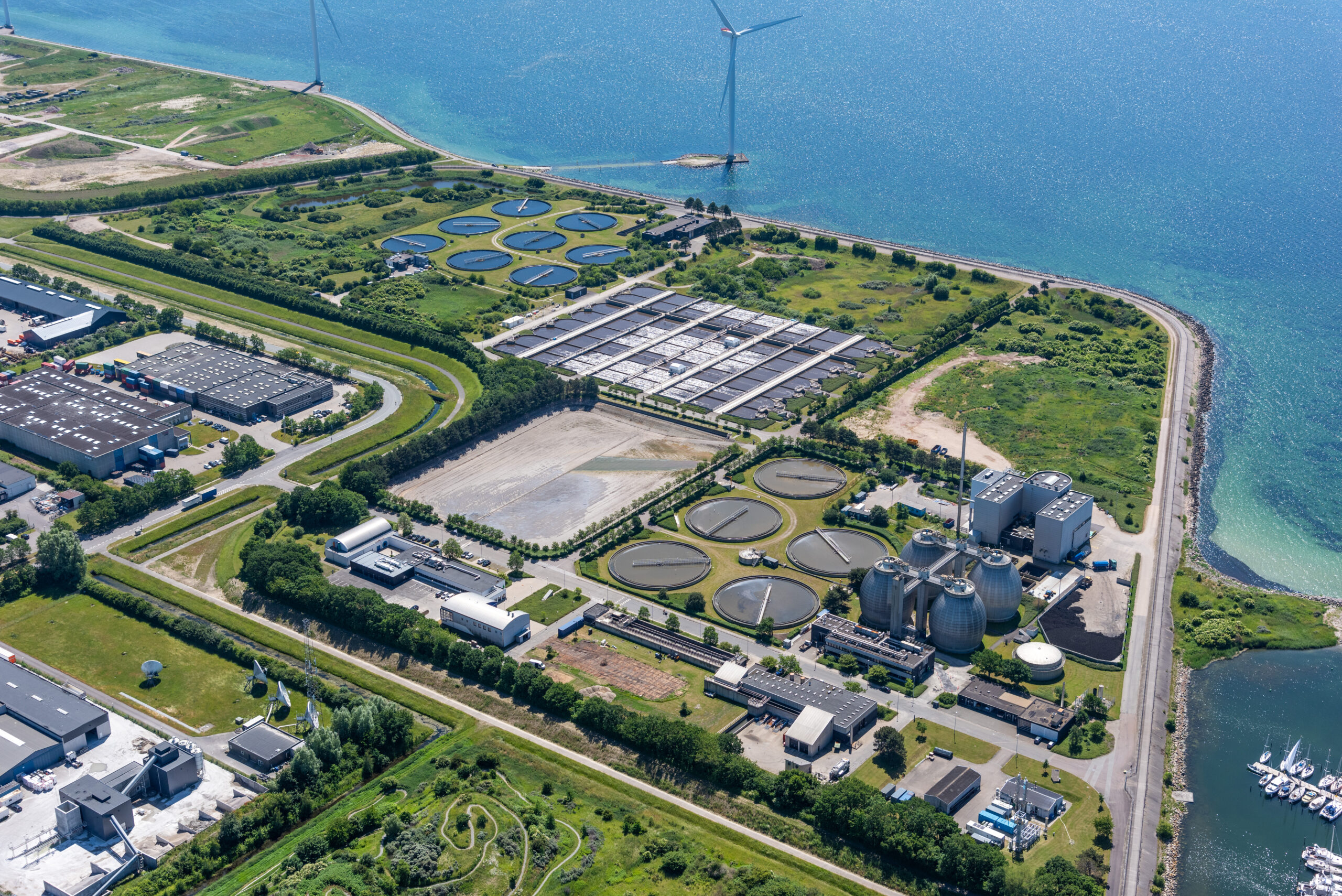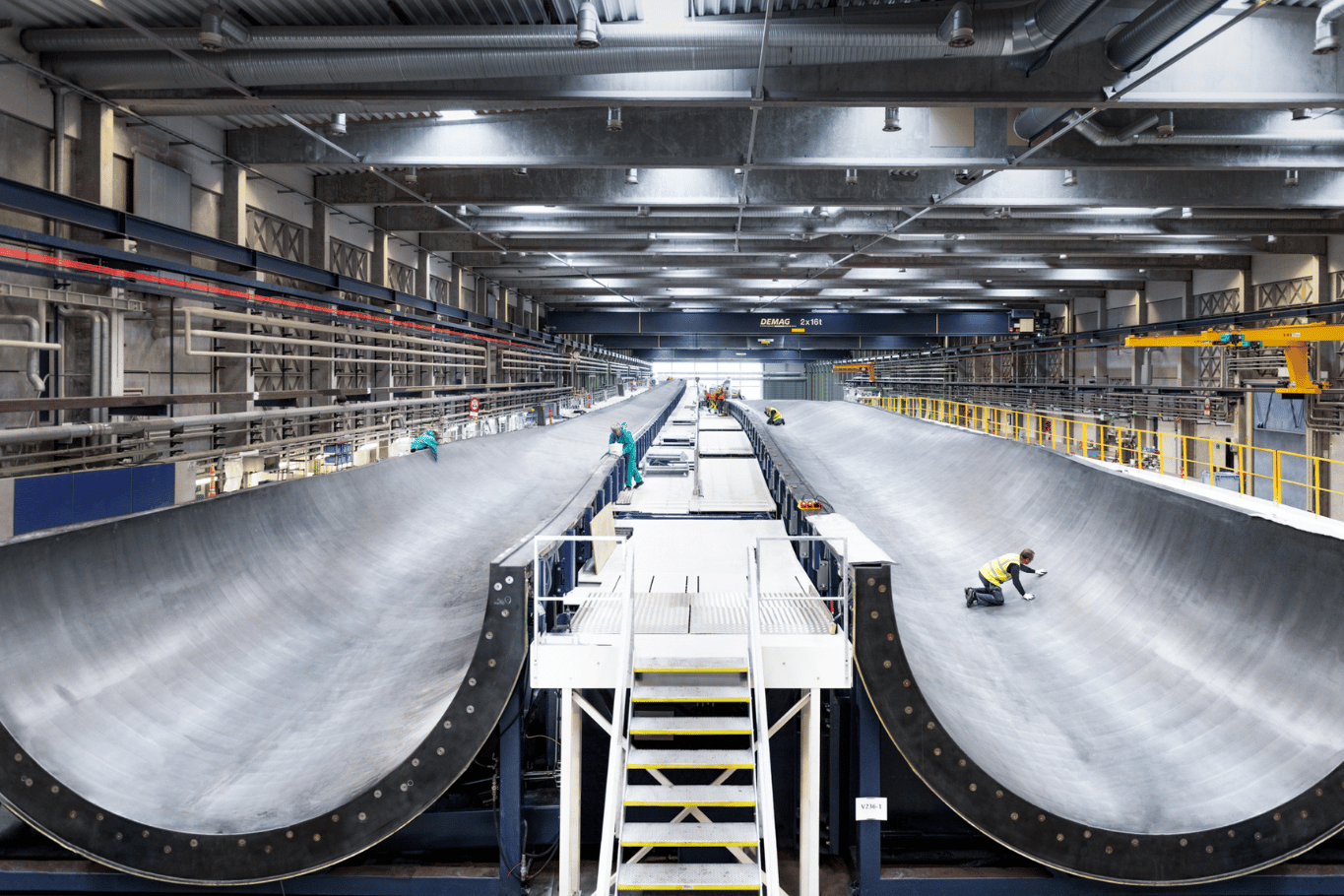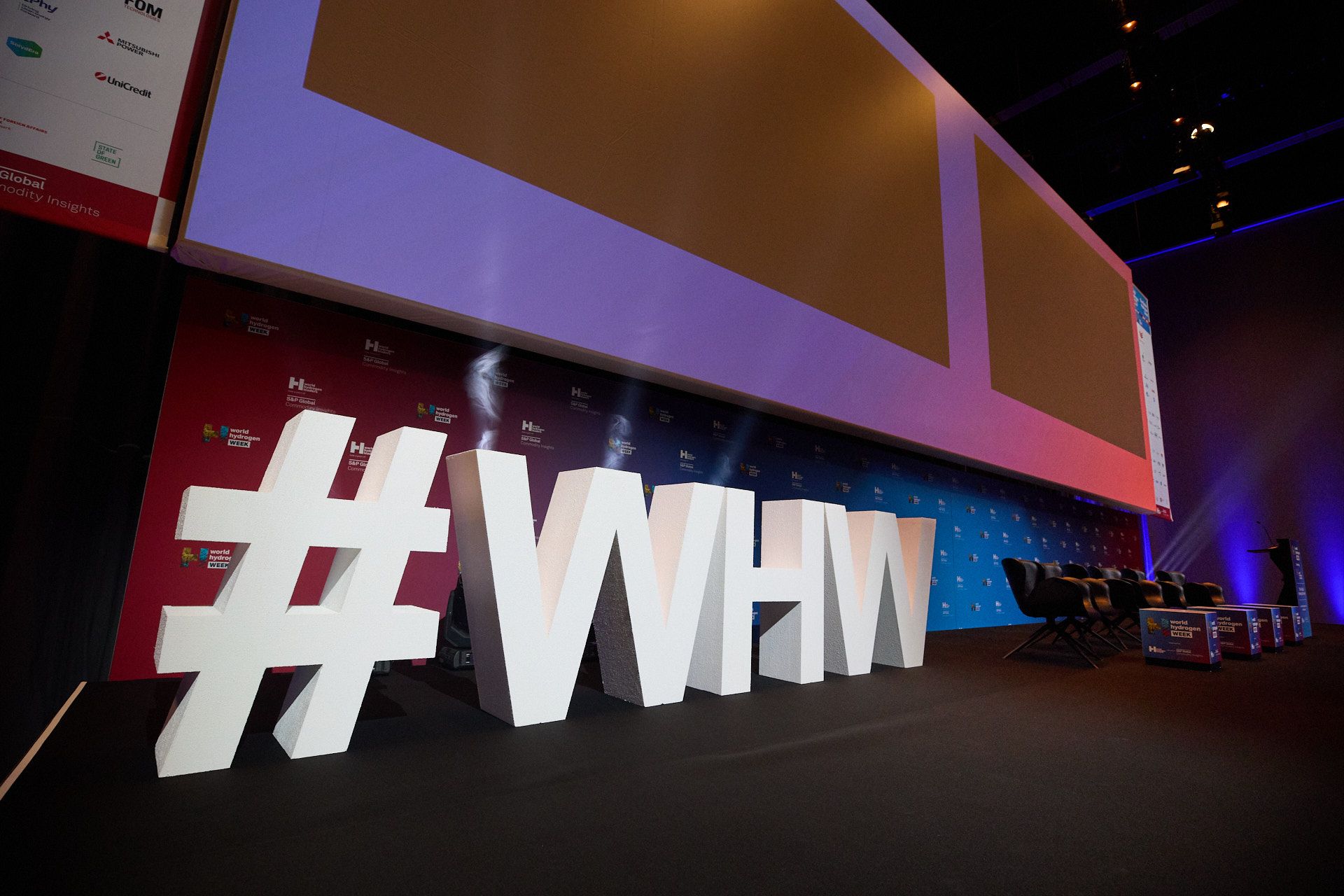In February 2024, the adoption of the EU Fitfor55’ package paved the way for a stronger recognition of district heating and cooling as a critical solution to accelerate the EU energy transition. The mandatory development of local heating and cooling plans in cities above 45,000 inhabitants, will ensure that district energy is always considered, and that local sources of renewable heat and waste heat are used. The revised Energy Efficiency Directive set a clear decarbonisation pathway for heating networks by 2050, a necessary step to build trust with decision makers. Finally, the Renewable Energy Directive puts waste heat on an equal footing with renewable heat and proposes concrete measures to improve
the integration of energy systems.
Combined with the momentum generated by the energy crisis and REPower EU, the Fitfor55’ package has rekindled the ambitions of many European countries to develop heating and cooling networks. Germany, France, Austria, and the Netherlands, announced ambitious measures and funding to further harness the potential of this essential energy infrastructure.
Still, we must do more.
The Draghi report threw a spanner in the works, pointing out the risks posed by rising energy prices to the EU’s competitiveness and prosperity. ‘The EU must spend twice as much as it did after WWII’, he said, recalling the urgent need to escape economic stagnation with a massive investment plan in clean technologies and energy infrastructures.
Then let’s spend wisely. Whether we’re talking about climate, energy security or energy prices, heating and cooling decarbonisation must be a priority. We need a massive investment plan to deploy renewable heat sources, recover waste heat sources, and roll-out efficient clean heating solutions such as district heating and cooling networks.
With the forthcoming implementation of the European Directive on the energy performance of buildings and the entry into force of the ETS2 mechanism in 2027, millions of households and property owners will need to invest in building retrofits and phase-out fossil heating. We now have the responsibility to make clean heating and cooling solutions and building renovations not only accessible, but affordable for all.
In this context, the second Von der Leyen Commission is off to a good start, with the appointment of Dan Jørgensen, Denmark’s previous Minister of Climate and Energy and Utilities, as Energy and Housing Commissioner, with a clear mandate to decarbonise heating and cooling, and bring down energy prices for households. The proposed ‘Citizen Energy Package’, ‘European affordable housing plan’ and ‘Action plan for affordable energy prices’, are three pivotal initiatives to make clean heating and cooling solutions and
building retrofits more accessible and affordable.
With a new Commissioner for Energy and Housing at the helm, it is time to bring heat home!
